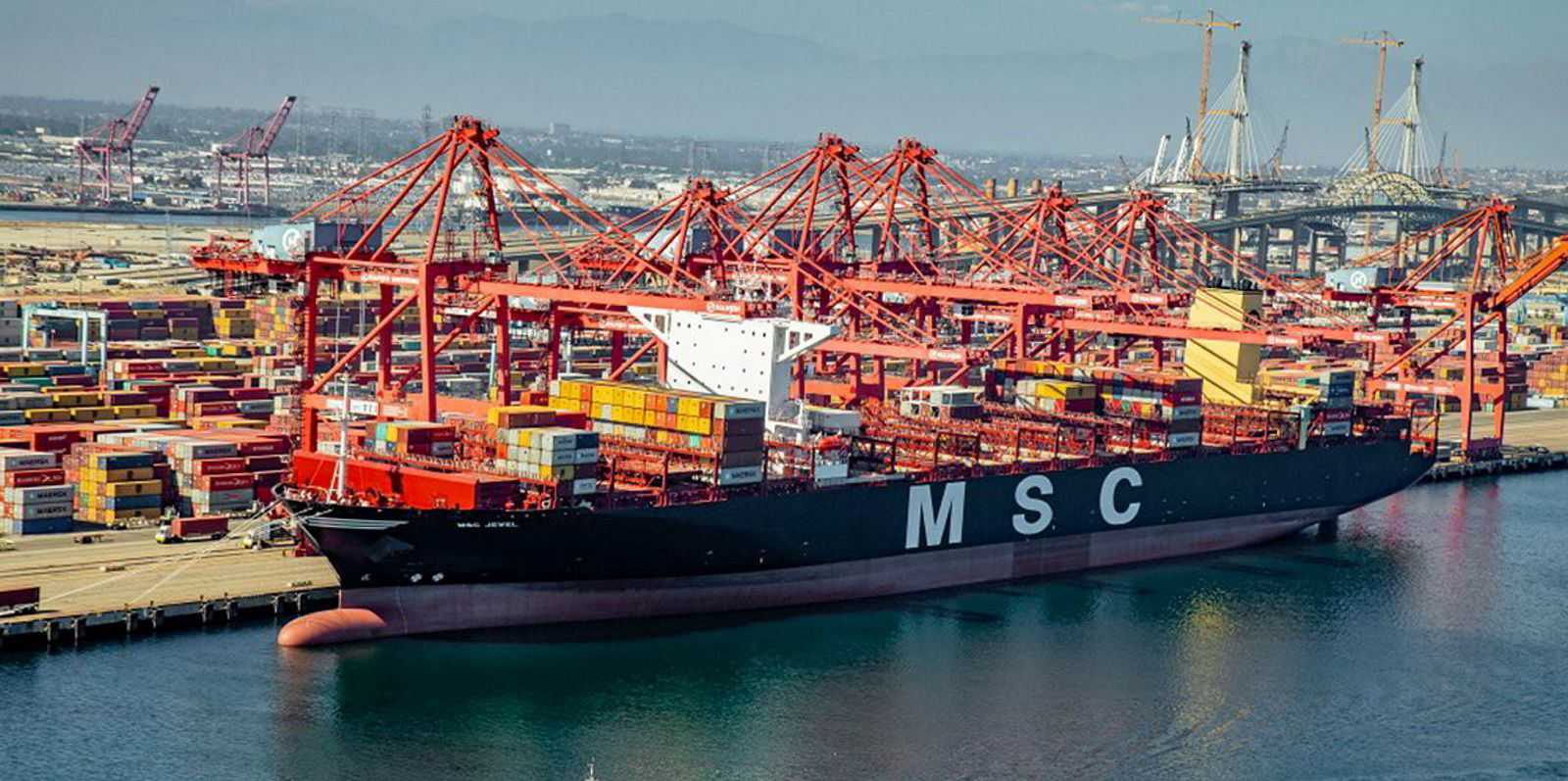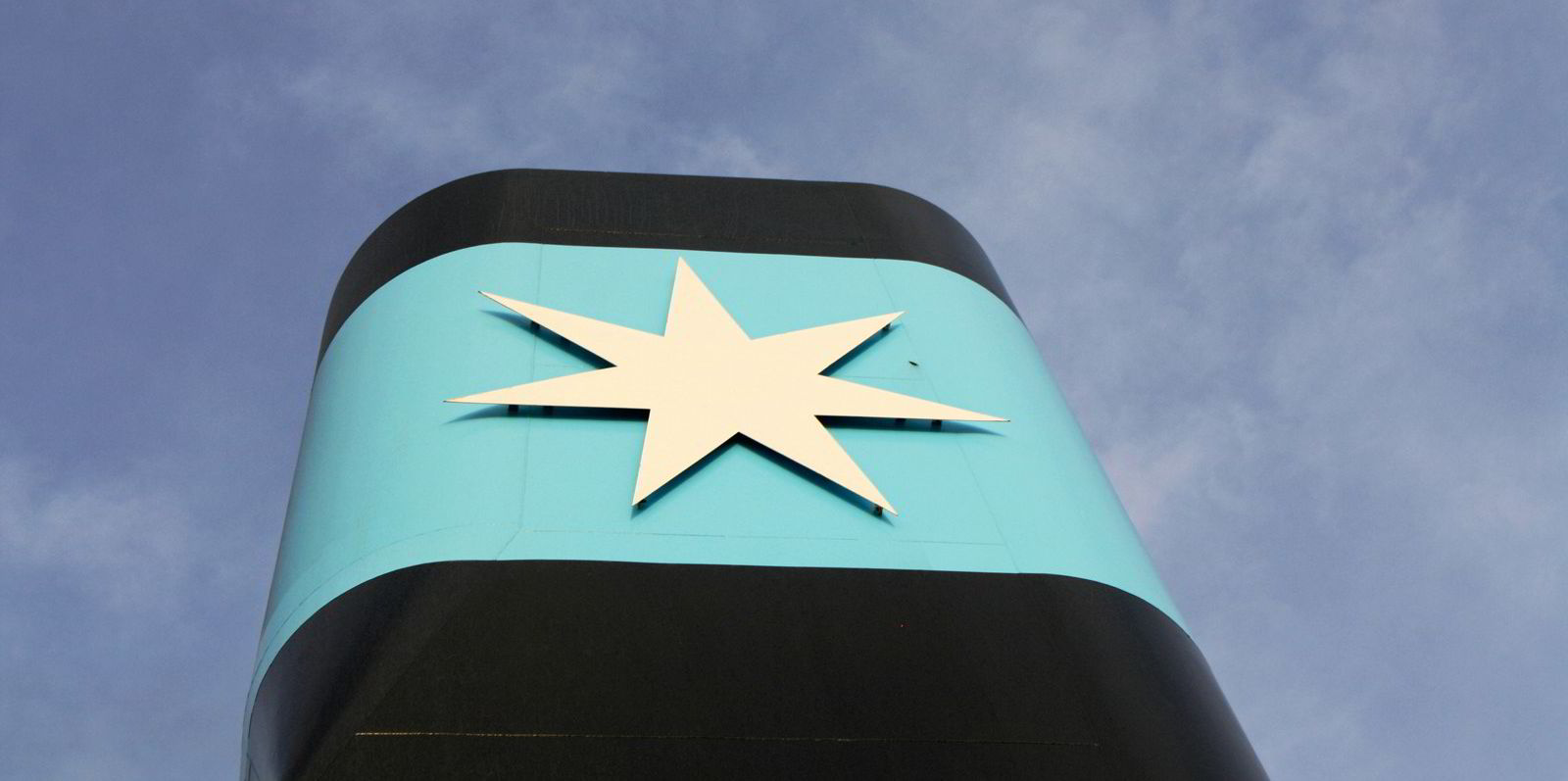A second jurisdiction is being roped into the dispute between Mediterranean Shipping Co (MSC) and a Pennsylvania furniture manufacturer.
After MSC argued that it could be subject to criminal charges if it were to turn over certain documents requested in the case, Federal Maritime Commission (FMC) administrative law judge Erin Wirth ruled that the court would send a letter to Swiss authorities to clear the disclosures.
“It appears that a letter of request under the Hague Convention is the most appropriate
and efficient process for obtaining the needed information,” Wirth wrote in an order on Wednesday.
Shipper MCS Industries first brought a complaint with the FMC against MSC in July 2021, arguing it refused to live up to its side of a carriage contract and forced the company into the spot market to find space for its cargoes.
The refusal to carry MCS Industries’ cargo allegedly coincided with skyrocketing container shipping rates during the height of the Covid-19 pandemic and cost it $600,000.
MCS Industries alleged that it also constituted a violation of the US Shipping Act, which outlaws “unjust and unreasonable” business practices from liner operators.
MSC has said the complaint is baseless, that the issue is the result of errors and communication problems and that it is ultimately a contractual issue.
The Geneva-based liner giant also said Swiss law could subject its attorneys to criminal charges, as they are not allowed to seek discovery in service of a foreign legal proceeding.
Both Switzerland and the US, however, are party to the Hague Evidence Convention, allowing one to request evidence be collected in the other following a letter of request.
MCS Industries was one of the first companies to file a complaint with the FMC — where alleged violations of the Shipping Act are heard — following US President Joe Biden’s executive order last summer on competitiveness in the US economy.
The order, issued amid massive port congestion, instructs the FMC to look at detention and demurrage practices from liner operators while also providing for a “whole of government” approach to the issue.
Since then, a handful of other complaints have been filed against liner operators.
Some, like MCS Industries, have alleged that container liner operators were not living up to their contractual agreements by refusing cargo and forcing shippers into the significantly more expensive spot market. Others allege liners refused to take back containers but still charged late fees.
The FMC also could receive greater investigatory powers under a bill currently before the US Congress.
The industry has argued against these new measures, saying that the US government is looking to solve issues that are primarily shoreside by punishing liner operators doing all they can to cope.







